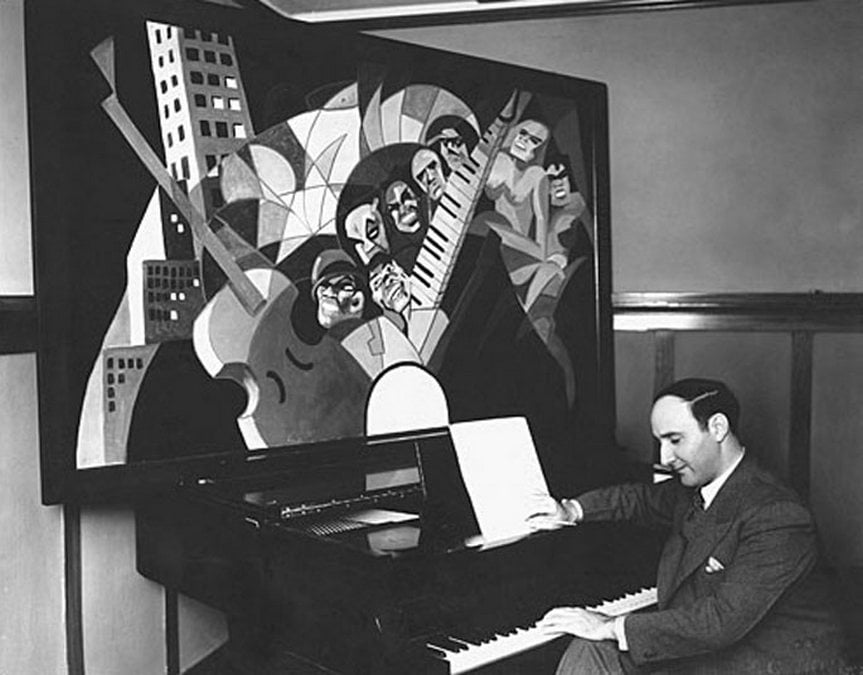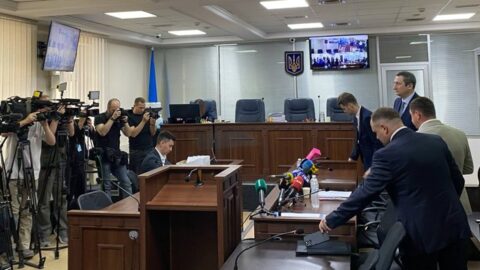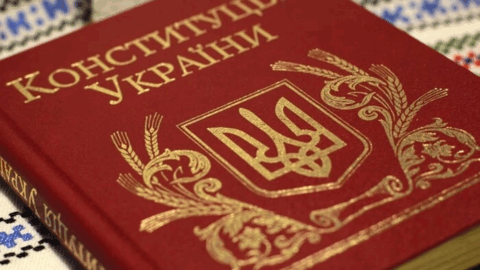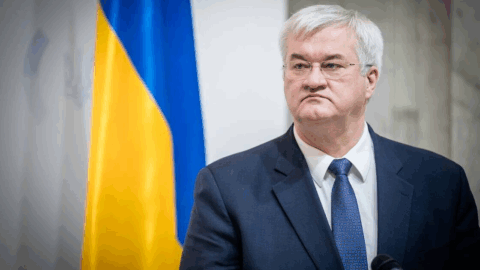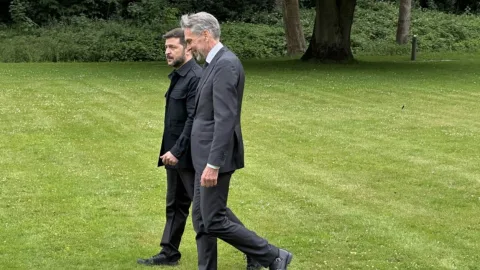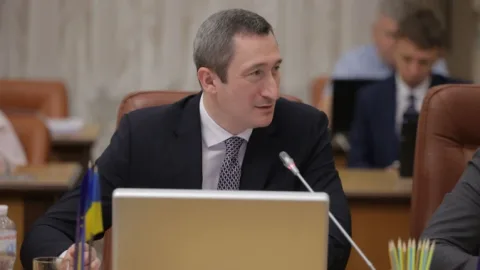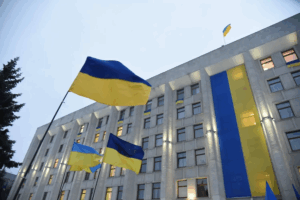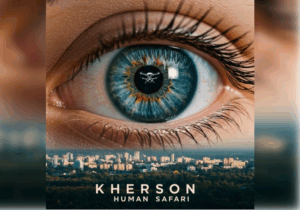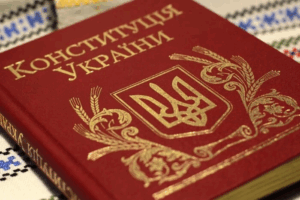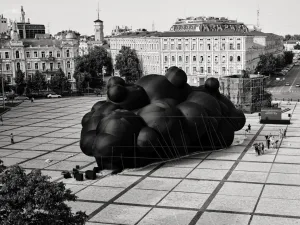Dimitri Tiomkin (Dmytro Tiomkin) – a legend of American music from Poltava Oblast, Ukraine. He has created music for hundreds of American films. Famous Hollywood directors invited the musician to collaborate with them one after another. His works can still be heard today. Quentin Tarantino in his scandalous movie Inglourious Basterds used the music of this composer in the opening credits, which was written in 1960 for the film The Alamo by John Wayne. Four Oscars, six Golden Globes, and the Legend of American Music are all about him, about Dimitri Tiomkin, our fellow Poltava resident.
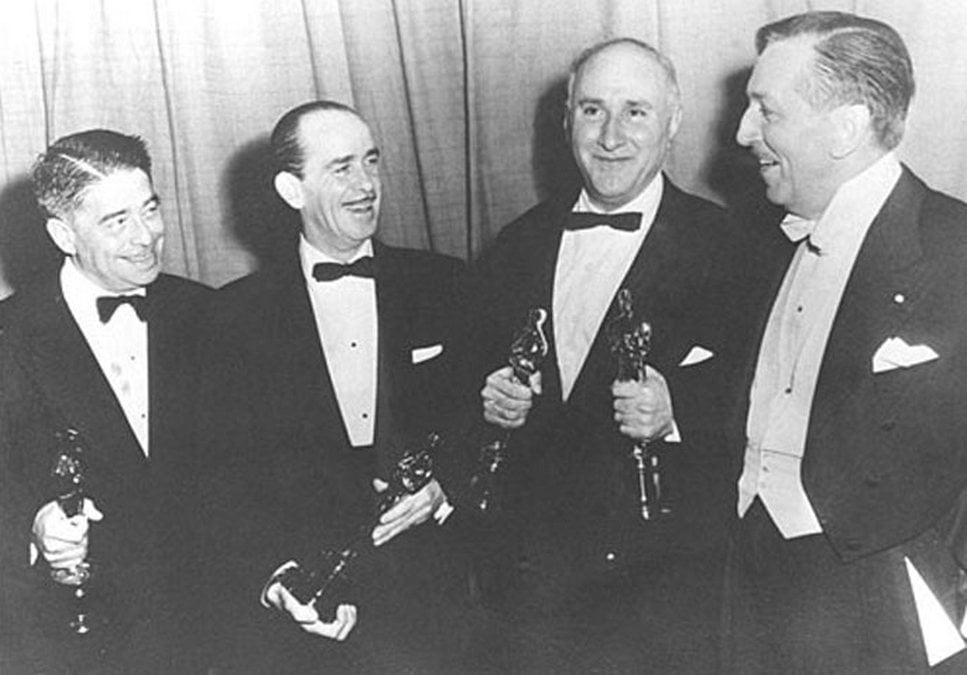
Dimitri Tiomkin was born on May 10, 1894. The boy’s father was a doctor, and his mother taught piano. It was she who taught her son the basics of the game and music notation. At the age of thirteen, the talented and capable boy entered the St. Petersburg Conservatory, where his mentors were the best teachers of the time. A few years later, Tiomkin was already earning his own living. At first, he accompanied Tamara Krasavina (a ballerina) and Max Linder (a famous French comedy actor) during their performances. In addition, the young man soundtracked silent films with his piano playing.
But soon a revolutionary wave swept through St. Petersburg. Dimitri lived through the overthrow of the tsarist regime, the period of the Provisional Government, and the establishment of the Bolshevik regime. In 1920, Toimkin took part in a large-scale musical project called the Storming of the Winter Palace. Thousands of performers were involved in this event, with more than half a thousand musicians alone. But Dimitri realized that under the new government, he would not have opportunities for free creative development. Therefore, he decided to move in with his father, who had long since divorced the musician’s mother, remarried, and lived in Germany.
In Berlin, Tiomkin was engaged in creativity, composing a variety of music, from light contemporary motifs to classical music – etudes, waltzes, marches. In addition, he took lessons from Ferruccio Busoni (Italian composer, pianist, conductor, and music teacher) and gave concerts at the Berlin Philharmonic. Together with his pianist friend Michael Cariton, Dimitri went on tour to Paris.
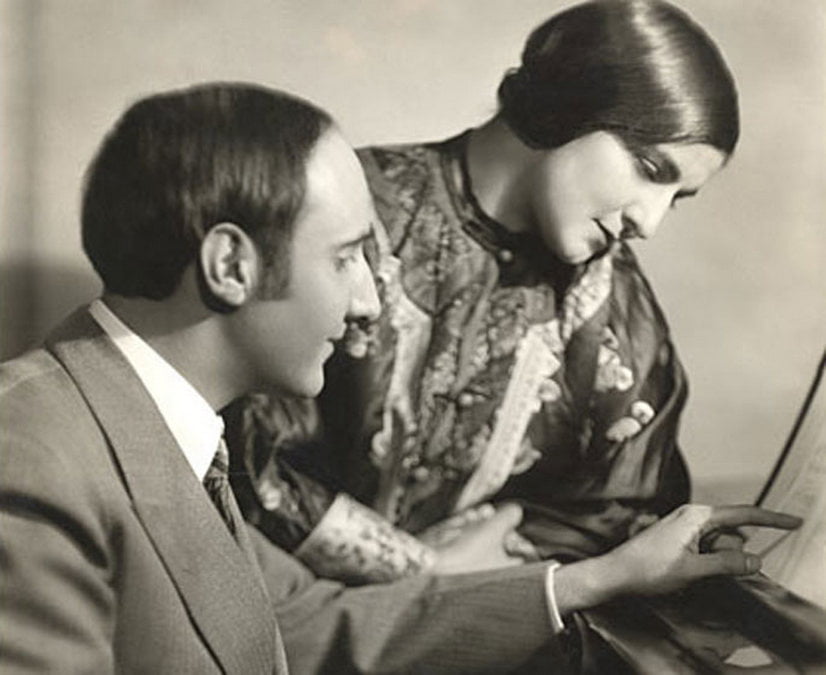
In the French capital, Tiomkin made friends with the singer Fyodor Chaliapin. The latter told the musician about the United States, that he could get considerable fees for performances there, and that American audiences were hungry for European music. Soon after, Dmytro received an invitation from Broadway theater mogul Maurice Guest to go on a piano tour.
In 1925, Tiomkin and Kariton found themselves in the United States. The friends accompanied a ballet company together. It was there that Dimitri met the dancer Albertina Rush, whose relationship with him first developed into an affair and ended with the couple’s wedding in 1927. Since then, he and Cariton have parted ways – Dimitri went on tour with his wife with the American Ballet. Very soon he became the musical director and arranger of the company. In the same year, the musician gave two large solo concerts, where he performed his own compositions in addition to contemporary works. Albertina, in turn, staged expensive musical productions, and in Rhapsody in Blues, Tiomkin played the main piano part. A year later, Dimitri and his wife visited Paris, where the Ukrainian performed at the National Opera. And then he went on another concert tour of the United States. But it was the last tour, as the 1929 Wall Street crash affected musicians as well.
But there is no such thing as an evil thing on the road. Dimitri Tiomkin received an invitation to take part in a Hollywood movie. The couple moved to California and focused their activities on the newly emerging musical sound films.
In the winter of 1929, the Albertina Rush Ballet Company premiered in New York, with music composed by Tiomkin. It was his wife who told the management of the Metro-Goldwyn-Mayer studio about her husband’s outstanding talent. After listening to Dimitri’s music, they commissioned him to score two new Rush numbers. Eventually, in the fall of the same year, the Ukrainian signed a contract for two with the famous studio.
In 1931, Tiomkin already collaborated with Universal to create Resurrection (an American adaptation of Leo Tolstoy’s novel Resurrection), which was his first attempt at non-musical cinema. After that, Dimitri returned to New York, where he wrote musical scores for plays and musicals, but they were never staged.
Dimitri Tiomkin returned to California. There, he was waiting for the Paramount production of Alice in Wonderland. Dimitri was commissioned to write and arrange music and songs for the big movie. The next movie was Lost Horizon, which brought fame and recognition to the Ukrainian. From then on, everyone knew him as a master of creating large-scale symphonic projects. Even during dialogues in the films, his music changed its range and adapted to the actor’s timbre as best as possible, creating an unsurpassed and inseparable harmony of text and sound. This accompaniment even received an Oscar nomination.
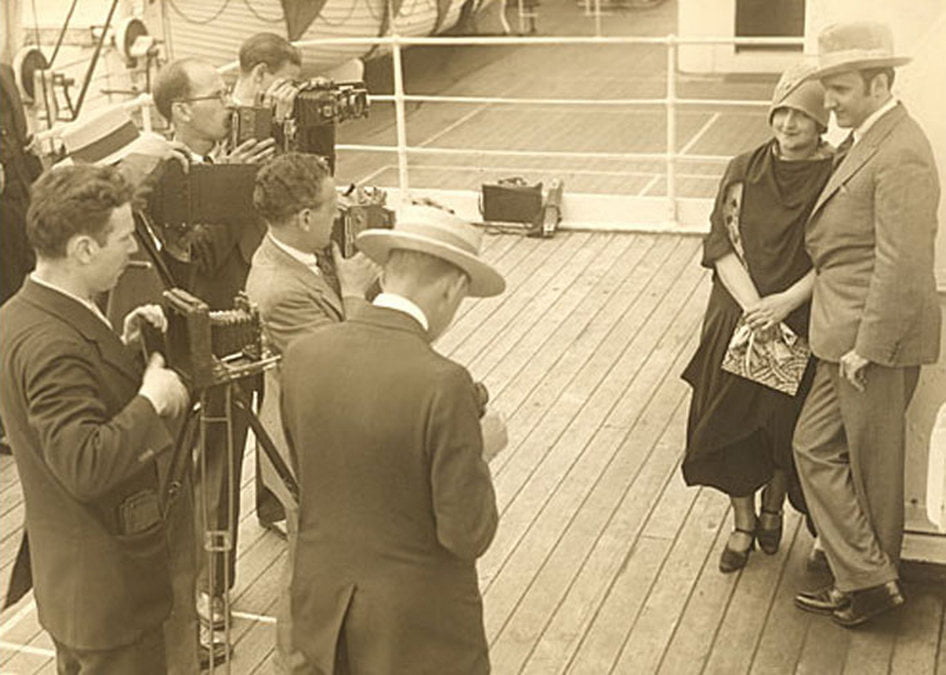
Then the films began to be released one after another:
“You Can’t Take It with You”
“Mr. Smith Goes to Washington”
“Meet John Doe”
“It’s a Wonderful Life”
“Why We Fight
“The Negro Soldier”
“The Battle of San Pietro”
In 1946, David O. Selznick, the son of Ukrainian immigrants, was directing the film Duel in the Sun. The fastidious director had already fired six composers who had failed to write music for the film in the way David wanted. This job was offered to Tiomkin. The difficulty was that Selznick demanded 11 different melodies, as well as an orgasmic melody. Dimitri created eleven melodies in a few weeks and the producer approved them. But he couldn’t manage the final task. David kept trying, but it was not right. The masters argued fiercely, and finally shouted at each other:
– “I like everything, I like everything. But this is not an orgasm, this music does not fuck. I don’t f*ck like that,” Selznick replied.
– Mr. Selznick! You can fuck as you like, I can fuck as I like, but this is just fucking music!” Temkin could not stand it.
The dumbfounded Seltsnyk had no arguments to argue with, so he included this song in the picture.
The songs that Dmytro wrote for the films were wildly popular and were nominated 22 times for the most prestigious award in US cinema. The Ukrainian won an Oscar for four of his compositions:
1953 for the best music for the movie “It’s at Noon”;
1953 for Best Song for the same movie (the song “Don’t Leave Me, My Darling”)
1955 for Best Music for the film The High and the Mighty;
1959 for the best music for the movie The Old Man and the Sea.
In 1967, Dimitri’s wife died, and the world lost its colors for the musician. After Albertina’s funeral, Tiomkin put his house up for sale and returned to Europe. Two years later, he tried his hand at producing the western film McKenna’s Gold.
Temkin’s last work was the music for the drama Tchaikovsky, starring Innokenty Smoktunovsky. In 1971, this film was nominated for an Academy Award for Best Music and Best Foreign Language Film.
In 1972, Dimitri Tiomkin married Olivia Petch. She was English, and at her estate in London, Tiomkin enjoyed classical music. He just played for himself, his wife, and his friends.
On November 11, 1979, DimitriTiomkin passed away. He was buried in Glendale (California) at Forest Lawn Memorial Park Cemetery.
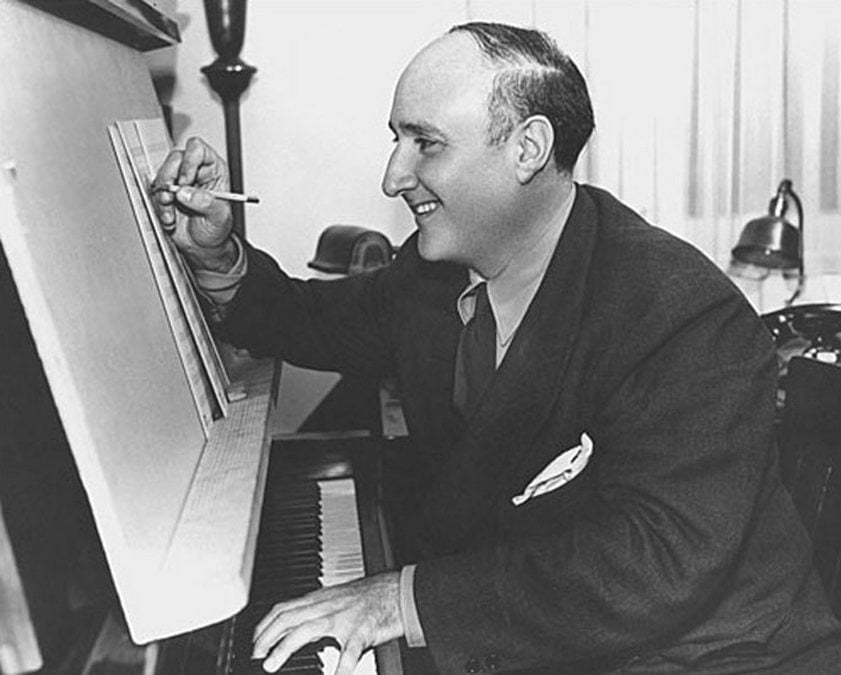
On February 16, 2016, one of the Kremenchuk lanes (Krupska Lane) was renamed in honor of Dimitri Tiomkin.
Tags: history of ukraine Ukraine ukraine history
